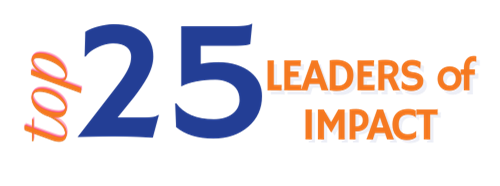Carolinas HealthCare System, Novant Health and DiversityMBA are partnering to present the 2nd Annual National Inclusive Leadership Healthcare Summit on November 6th-7th, 2017 bringing leaders together to commence a dialogue on the importance of into healthcare reform practices. National healthcare reform has continually stirred large discussion throughout the country. Genetic inheritance, personal behaviors, access, or lack thereof, to qualify healthcare as well as the general external environment are common points of contention within the healthcare discussion. However, a closer look at the social determinants of health and the influence of diversity and inclusion within the workforce may provide the answers we seek when it comes to healthcare. Hot topics include community health, population health, diverse and inclusive leadership, and competency and how each affects healthcare and vice versa.
Community Health: The community should reflect the footprint of service that is healthcare. Our communities are comprised of a collection of neighbors whom we should all feel responsible for. As individuals, we must work to promote healthy living and quality health care within our community at large, but also on a local level. In placing an emphasis on educational attainment, income, and occupational status, we can further promote the health of our communities.
Population Health: The health of the population can also be viewed as the collective health of our communities. This includes discussion around health disparities specific to the gaps. our aim is to improve the health of the entire population groups by advocating for cultural competency and leveraging partnerships and relationships.
Diverse & Inclusive Leadership: Conversations on diverse and inclusive leadership should revolve around best practices for companies, educational institutions, and the healthcare community to close the gap. Our focus should be on innovative solutions geared toward mitigating biases and increasing awareness.
Cultural Competency: A team-based perspective on cultural competency can continue to be built by utilizing resource groups. These groups not only promote the visibility and understanding of different cultures, but also encourage innovative thinking and allow business to engage with communities.










